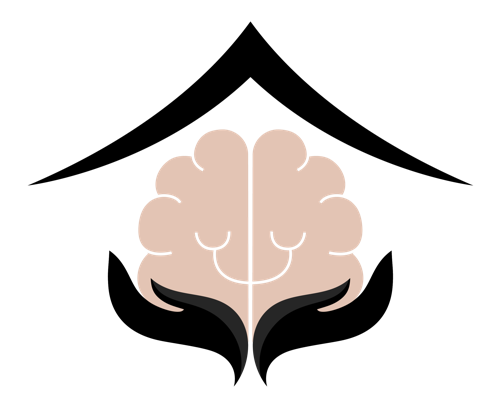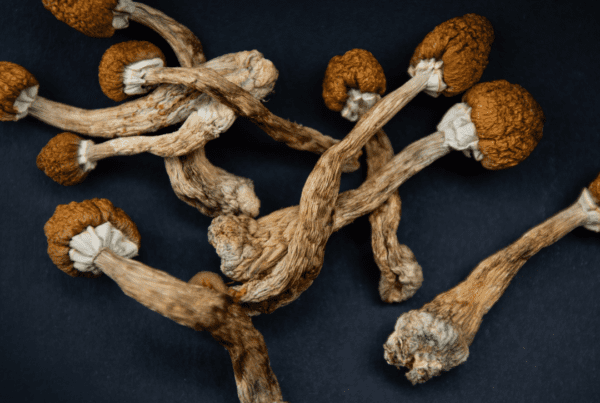Overview of “Ecstasy as Medicine”
“Ecstasy as Medicine” is a comprehensive exploration of MDMA’s therapeutic potential, particularly for mental health treatment. The author, Jonathan Robinson, shares his personal journey with MDMA and its profound impact on his life and work as a therapist. Robinson’s experience with MDMA dates back to his psychology studies at UC Santa Barbara in 1984, where he conducted a groundbreaking study on MDMA-assisted therapy for PTSD. The results were astonishing, with most participants reporting significant reductions in PTSD symptoms. However, due to legal restrictions, further research was halted.
The book delves into the research and history of MDMA, highlighting its effectiveness in various therapeutic settings. It acknowledges the FDA’s Breakthrough Therapy designation for MDMA-assisted psychotherapy for PTSD, showcasing its promise as a potent therapeutic drug.
Robinson compares his protocol for MDMA therapy with the MAPS organization’s approach. He emphasizes a less expensive, faster method, involving fewer sessions than MAPS, while maintaining safety and efficacy.
MDMA as Medicine for Mental Health Treatment
MDMA, also known as Ecstasy or Molly, has shown remarkable potential in treating various mental health issues. Its ability to facilitate deep emotional introspection, empathy, and communication makes it a powerful tool in psychotherapy. Clinical trials and anecdotal evidence suggest that MDMA therapy can lead to breakthroughs in treating conditions like PTSD, anxiety, depression, and social isolation, often in a single session. These breakthroughs, with subsequent integration work, have lasting impacts on individuals’ lives.
Considerations and Cautions
While MDMA’s therapeutic potential is significant, it’s not suitable for everyone. Certain medications, particularly MAO inhibitors and other antidepressants, can interact adversely with MDMA. Awareness of these contraindications is crucial to ensure safe and effective therapy.
Legal Status is another critical condition. As of 2023, MDMA remains illegal in most countries, with Australia as a notable exception. The legal risks associated with MDMA possession and use vary by country, so it’s essential to be informed about local laws.
Historical Context
MDMA’s story begins with its discovery by the German pharmaceutical company Merck in 1912. Initially investigated as a potential appetite suppressant and vasoconstrictor, its psychoactive properties were not immediately recognized. Its potential for medical application remained unexplored for decades.
Conclusion
“Ecstasy as Medicine” offers a valuable perspective on MDMA’s role in mental health treatment. Robinson’s approach, combining personal experiences with research and practical guidance, provides a compelling case for MDMA’s therapeutic use. With ongoing research and potential legal changes, MDMA could become a significant tool in addressing various mental health conditions.
—
Disclaimer: This blog post is for educational purposes only and is not intended to promote the use of illegal substances or to replace professional medical advice, diagnosis, or treatment. MDMA (Ecstasy) is a Schedule I controlled substance under the Controlled Substances Act in many countries, including the United States, and its use outside of approved medical research is illegal. While there is ongoing research into the potential therapeutic benefits of MDMA for certain mental health conditions, it has not yet been approved by the FDA for general medical use. The information provided here is based on current research and is subject to change as new findings emerge. Individuals struggling with mental health conditions should seek professional guidance from qualified healthcare providers. Safe Haven Health does not endorse or recommend the use of MDMA outside of a legal and clinically supervised setting. Always consult with a healthcare professional before making any decisions about your health or treatment plans.





